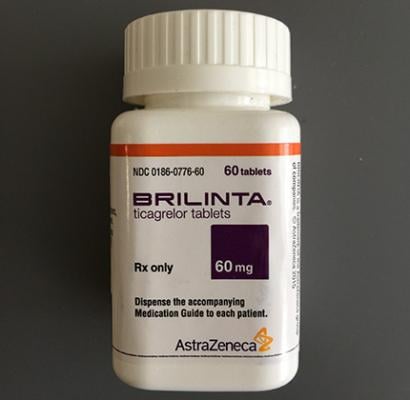
April 16, 2019 — HonorHealth Research Institute announced the first patients have been enrolled in the SynIVUS-DAPT Study. The clinical study is designed to test outcomes of decreasing the amount of time patients with a high risk of bleeding take antiplatelet medications after receiving a drug-eluting coronary stent.
"People who receive drug-eluting stents are required to take antiplatelet medications for six to 12 months after stent placement," said David G. Rizik, M.D., chief scientific officer and director of structural and coronary interventions at HonorHealth Research Institute and principal investigator for the study. "These medications can exacerbate bleeding risk and therefore, being able to reduce the amount of time patients are on these dual antiplatelet regimens can be beneficial."
All five HonorHealth hospitals in the greater Phoenix area are participating in the study. Two other hospital systems also are participating:
-
Massachusetts General Hospital, under the direction of Farouc Jaffer, M.D., Ph.D., FACC, FAHA, FSCAI, director, coronary intervention and chronic total occlusion PCI program; associate physician, Massachusetts General Hospital (MGH) Cardiology, Department of Medicine; associate professor of medicine, Harvard Medical School; and
-
Northwell Hospital System in Long Island, N.Y., under the direction of Varinder P. Singh, M.D., FACC, FSCAI, chairman, Department of Cardiovascular Medicine Lenox Hill Hospital, Northwell Health; senior vice president, cardiology service line Northwell Health, Western Region.
Individuals in this study have developed a blockage in one or more arteries in their heart which may require a drug-coated stent to open the blockage(s). The study also uses an imaging procedure called intravascular ultrasound (IVUS) at the time of stent placement. The IVUS procedure looks at the placement of the stent to make sure it is fully opened and against the artery wall.
Individuals considered at high risk for bleeding include those who:
-
Are 75 and older;
-
Require blood-thinning medications for health issues such as blood clots or an irregular heart rhythm;
-
Have had a stroke; and
-
Are at risk for falling or other conditions that may put them at a high risk of bleeding.
For more information: www.honorhealth.com


 August 28, 2023
August 28, 2023 









